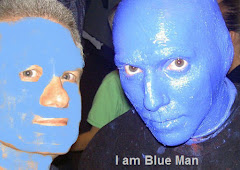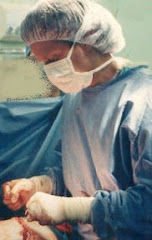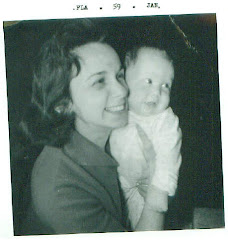I have spoken to so many people about the USMLE examination process. And I am continually amazed at how many single and multi "fails" are out there in the world from Step 1, 2, and 3. It seems to be the unspoken truth of many until they realize you are part of the tribe, then the stories flow. It's like a private fraternity/sorority or secret society that you have only heard vague rumors about.
The universal truth seems to be that finding out you didn’t pass your exam is universally traumatizing, stress inducing, and a slap to the morale. Everyone seems to feel a universal "what now", and a level of self examination that can be described as "to the bone." It's hard to talk about with anyone and seems that everyone is interested in how you did, adding to the stress. I have heard stories of losing touch with close school friends after knowing the news. I heard of at least 2 people that lost significant others as a result. One person said his girlfriend, in no uncertain terms, told him...if he wasn't going to be a doctor, she couldn't be with him anymore. They had been in a loving, committed relationship for nearly 2 years.
There is also a universal search for reasons, blame, why's and how's, particularly those that come very close...within 10 points of passing. I've heard about lousy education, crappy teachers, retarded exam process, unrealistic expectations, cultural bias, incoherent questions, lack of clinical correlation, pedantic knowledge, details that have no connection with reality or clinical practice and those testing "bastards". Then the self deprecation starts to flow from the stories: I'm not smart enough. I can't remember shiite. I'm not a good test taker. I'm too old. I'm too young and inexperienced. I have ADHD, Bipolar PD, Borderline PD or PTSD. I should have stayed at home. I was having my period or migraine. My mom, dad, sister, brother, aunt, uncle or dog died. I had a bad, bad day.
But there is universal agreement that the fact is, it's decision time and you can either attack the problems by really identifying the reality of the situation or bail and do something else. The thought of never being able to overcome the hurdle forces many to scrap the attempt and seek alternative careers. I've heard from more former medical students, now science teacher or medical assistants, than I would have ever imagined.
Choosing to stay in the fight, getting help becomes a great challenge. If you have real mental health issues, you have to seek appropriate assessment and real counseling or medical help. Dextroamphetamine and amphetamine seems to be the most commonly used as part of attention deficit hyperactivity disorder, claimed by many. Alcohol comes a close second.
I heard of one story of how an individual, studying for his 3rd attempt, got dismissed from a review course. How does one get dismissed from a review course? Bring beer to the lectures. Unbelievable. Apparently, according to the story teller, he is on his way to becoming an expert in fatty liver, esophageal varices, portal hypertension and ascites.
And if you stay engaged in this bizarre process, you have to study again. That may be the most overriding theme. And many choose that course. The challenge becomes what to study? how? with what materials? in what order? when to introduce questions? in the test/tutor/times/un-timed mode? Which bank? Which books? Which tutor? What review program? Which city? And for how long? Use NBME as a guide? I've not heard much consensus on any one approach; It's so individual. And there in lies the conundrum. You become your own analyst and expert to figure it out, and you are the worst person to make that determination.
So everyone does what they can: talk to friends, contact school and profs, call review programs, contact mentors, ask the clerk at the grocery store. At this point, any opinion will do. And most everyone tells you something different about the "how they did it", but says the same things about the what: You can do this. You can make it happen. You'll be fine. It'll all work out. Fact is, it may not. But you have to get things in order and do what you can.
It's not horrible. Everything happens for a reason. It presents an opportunity to realize your deficits and work on filling them. It allows time and space to hone knowledge so you can be a better clinician. It provides insight into study skills, memory, learning. personality traits, tenacity and dealing with success/failure. It's a unique perspective to be stripped down to, and can be beneficial regardless of the final outcome. And in the final analysis, what doesn't kill you makes you stronger, or...forces you to join the peace corp.




